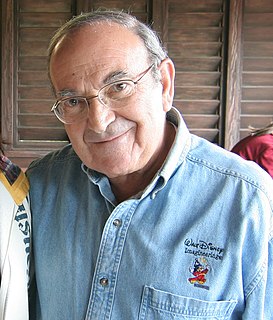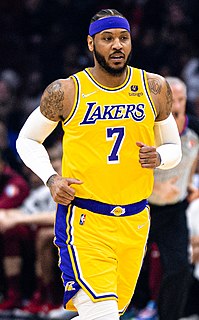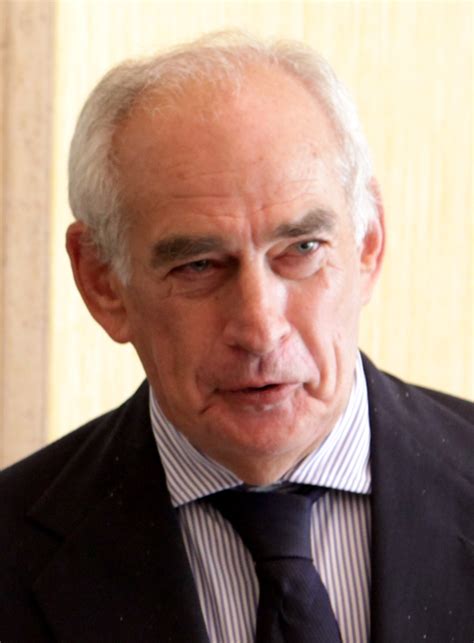A Quote by Marty Sklar
Avoid contradiction. Clear institutional identity helps give you the competitive edge.
Quote Topics
Related Quotes
It [boxing] helps my hand-eye coordination, my stamina, my footwork, and it gives me that competitive edge and drive. And in the ring it's mano-a-mano. So it helps you build that arrogance, that cockiness, that confidence in yourself that the man that stands in front of you isn't going to beat you, and that translates to the court.
Whether lawyer, politician or executive, the American who knows what's good for his career seeks an institutional rather than an individual identity. He becomes the man from NBC or IBM. The institutional imprint furnishes him with pension, meaning, proofs of existence. A man without a company name is a man without a country.
I was examining what religious identity meant in Africa. Along the edge of the Islamic world, what patterns were shaping identity? And the truth is, when I looked at the rise of violent forms of religion, no single identity was prevalent. It's central to note that in Nigeria, that tree is rooted primarily in Christianity. It's not just Islamic militants in the Middle Belt.
We are living in a world where major states and large geopolitical projects have to prove their competitive edge. It is clear, as well, that with regard to the intensifying American-Chinese confrontation and the inert power of a united Europe, Russia has to make up its mind - because it is losing ground as an independent center of power.
But sometimes, maybe most times, it isn't that clear. It is dark and you are near the edge of a cliff, but you're moving slowly, not sure which direction you're heading in. Your steps are tentative but they are still blind in the night. You don't realize how close you are to the edge, how the soft earth could give away, how you could just slip a bit and suddenly plunge into the dark.
Great companies create an environment in which employees act like owners. They do this through clear communication, articulation of clear vision and priorities, coaching and openness to debate/discussion. I would argue that this type of environment helps people to be at their best - and helps the company to be at its best.































